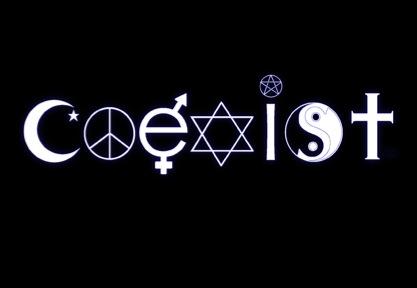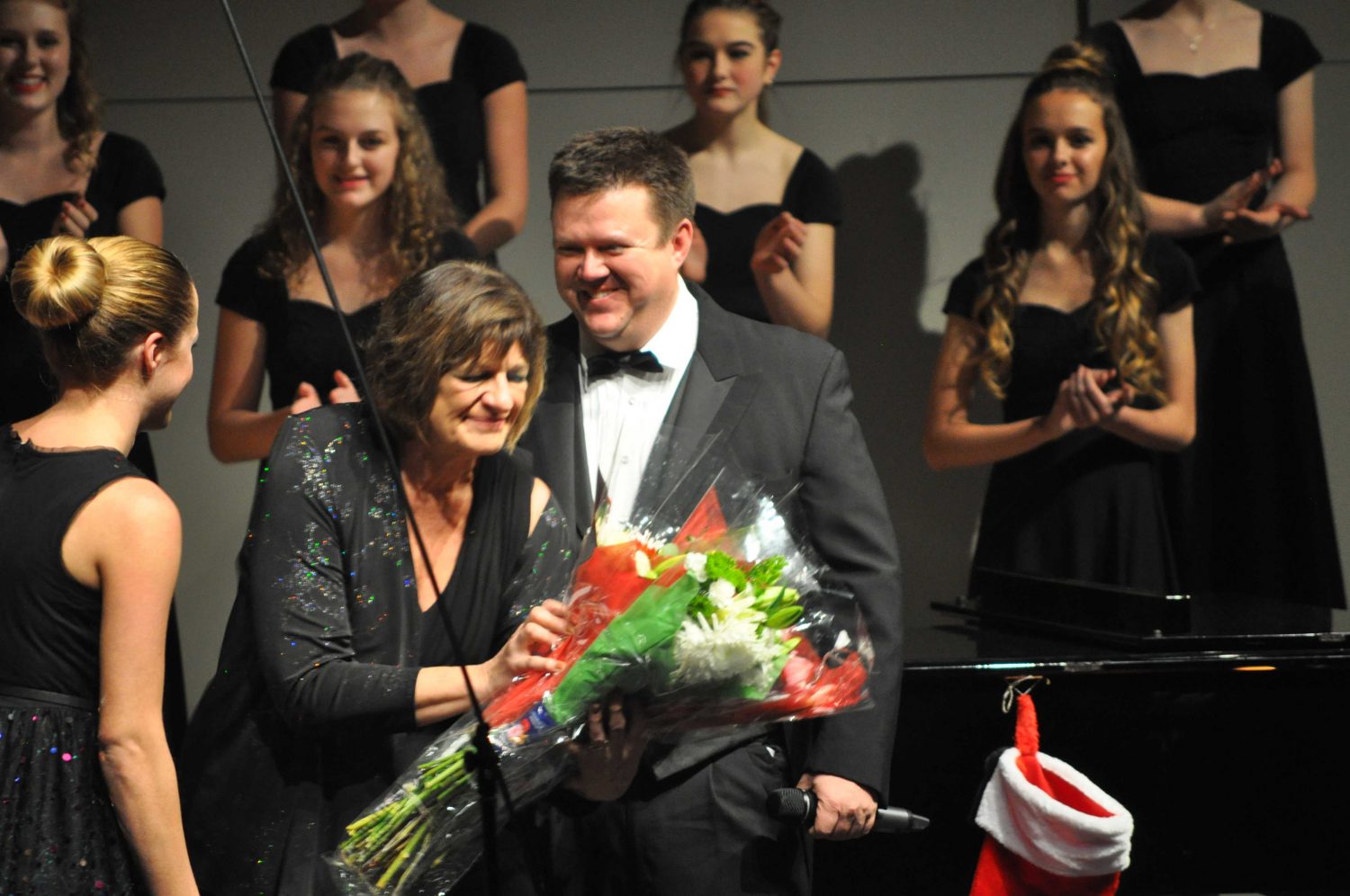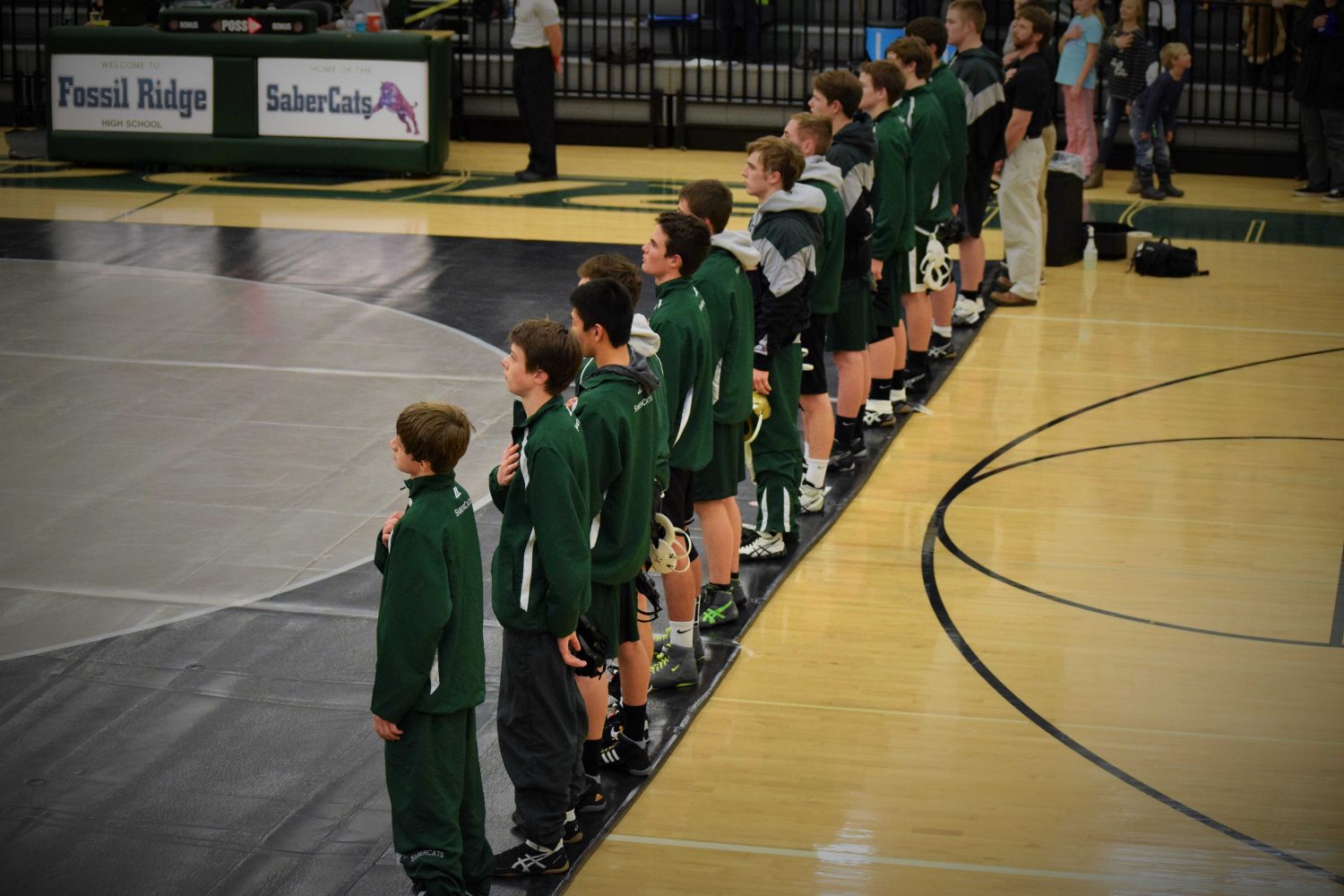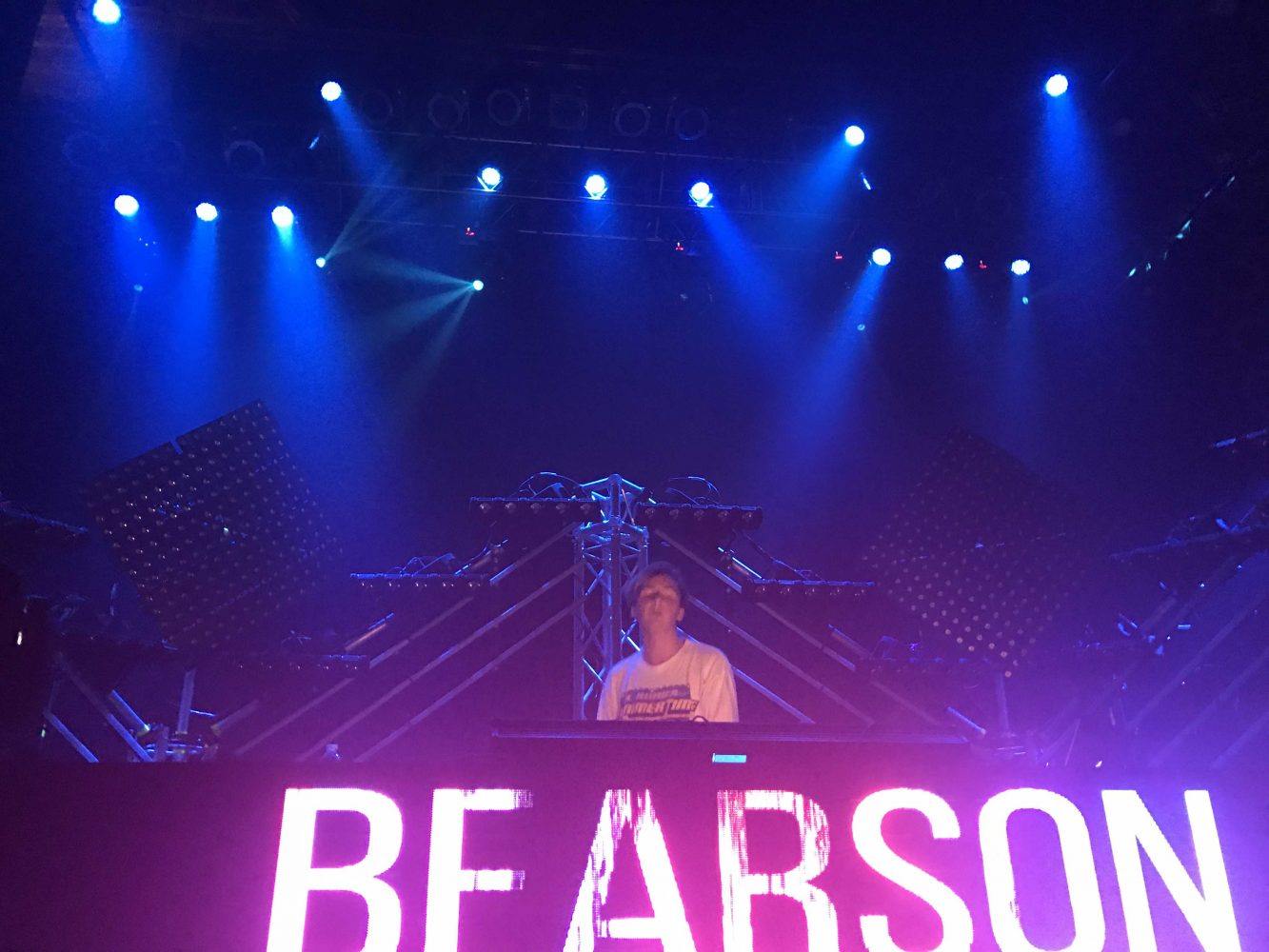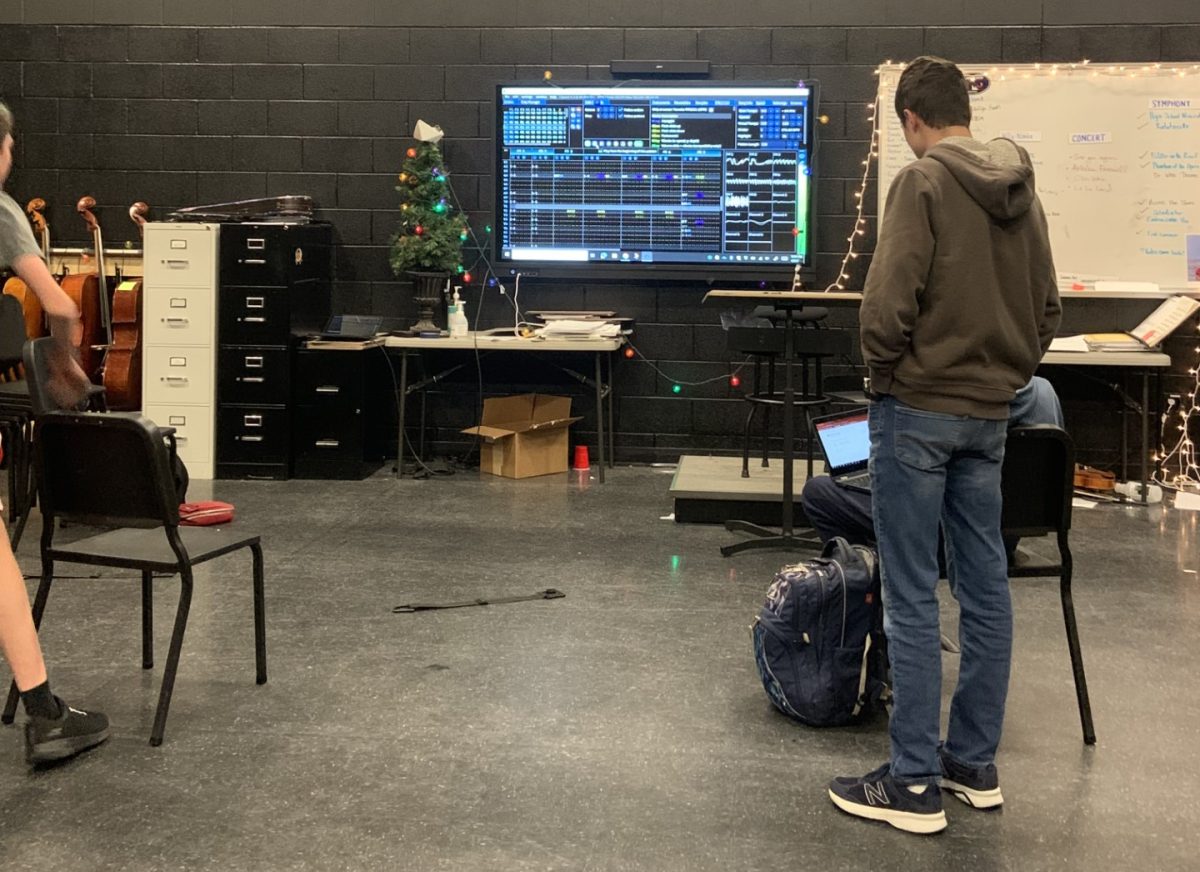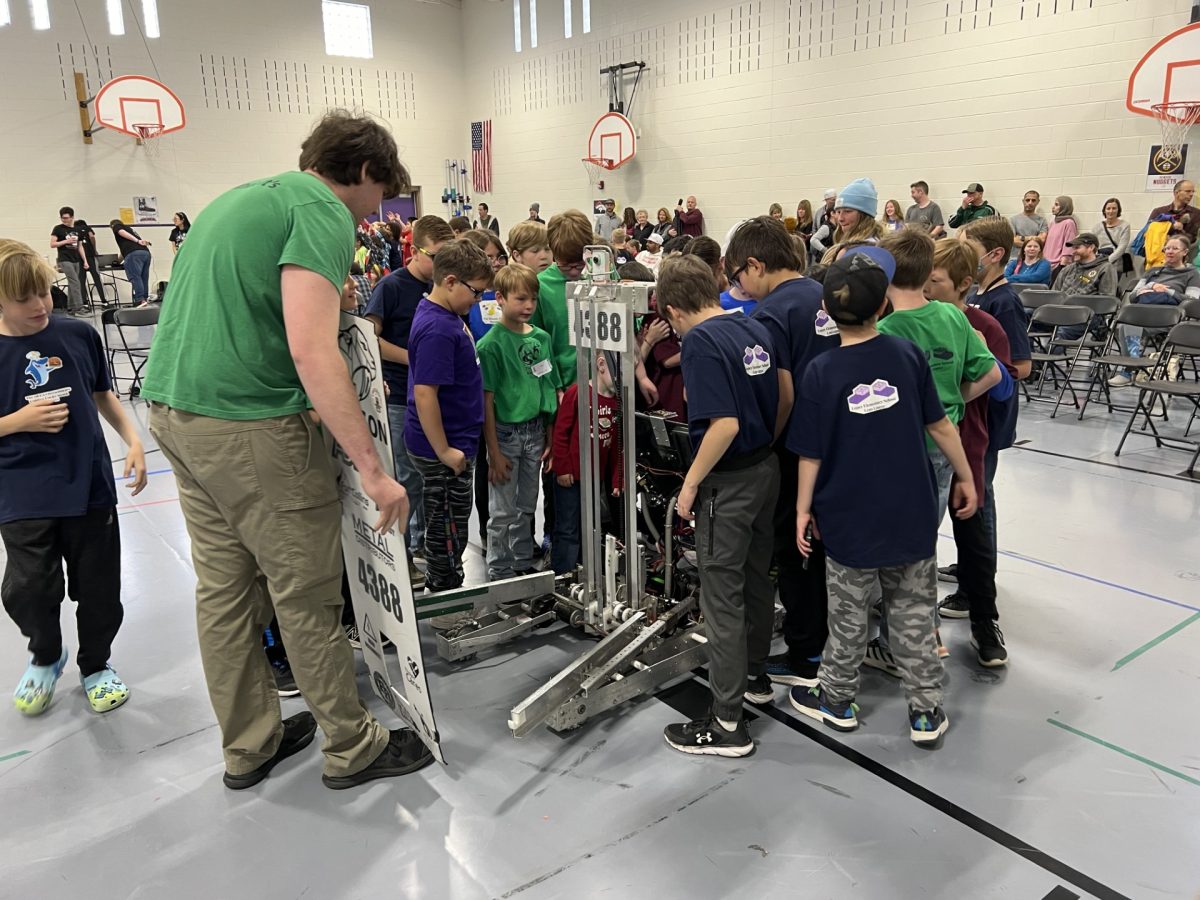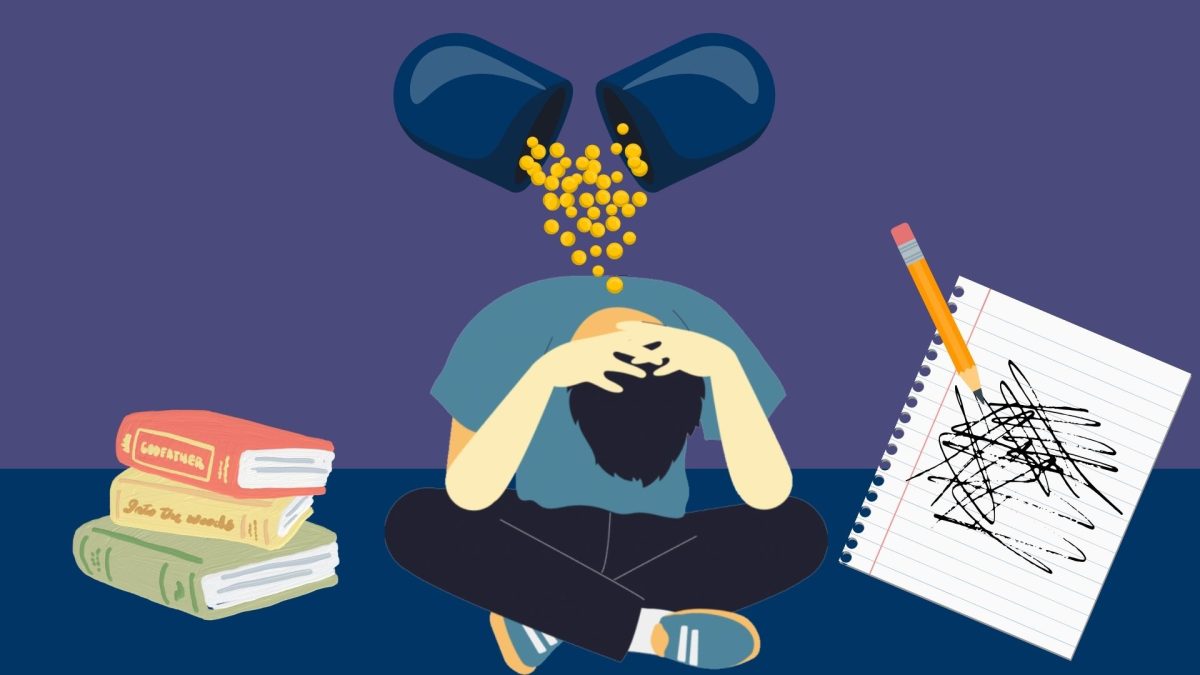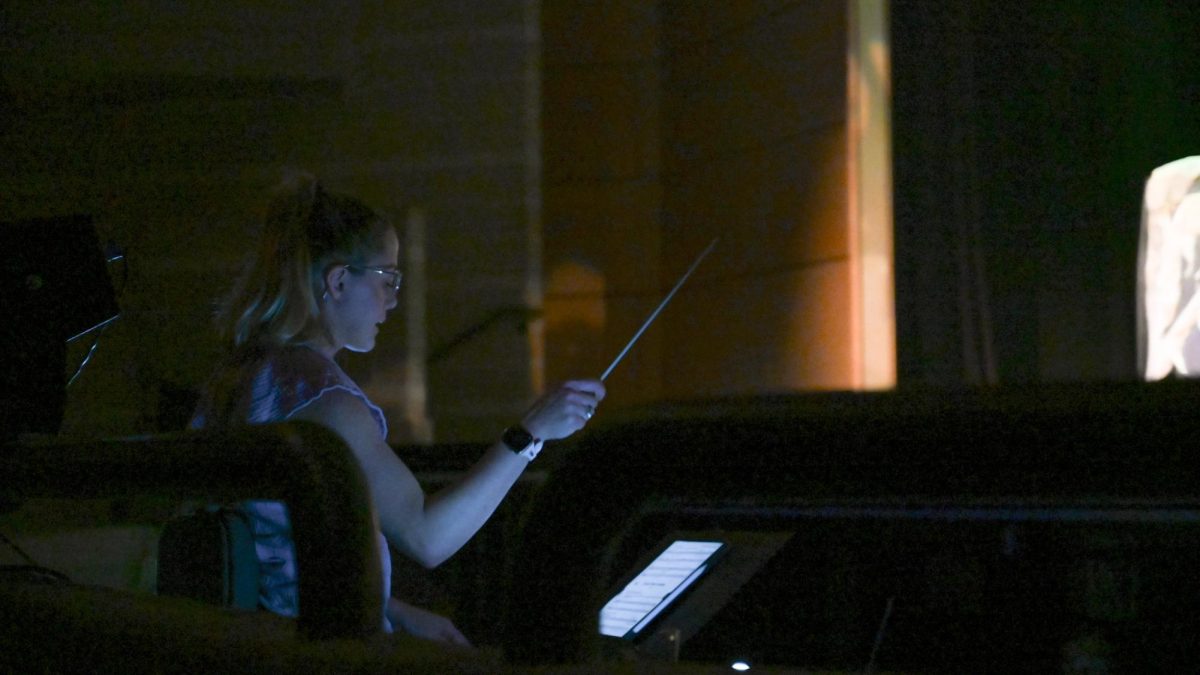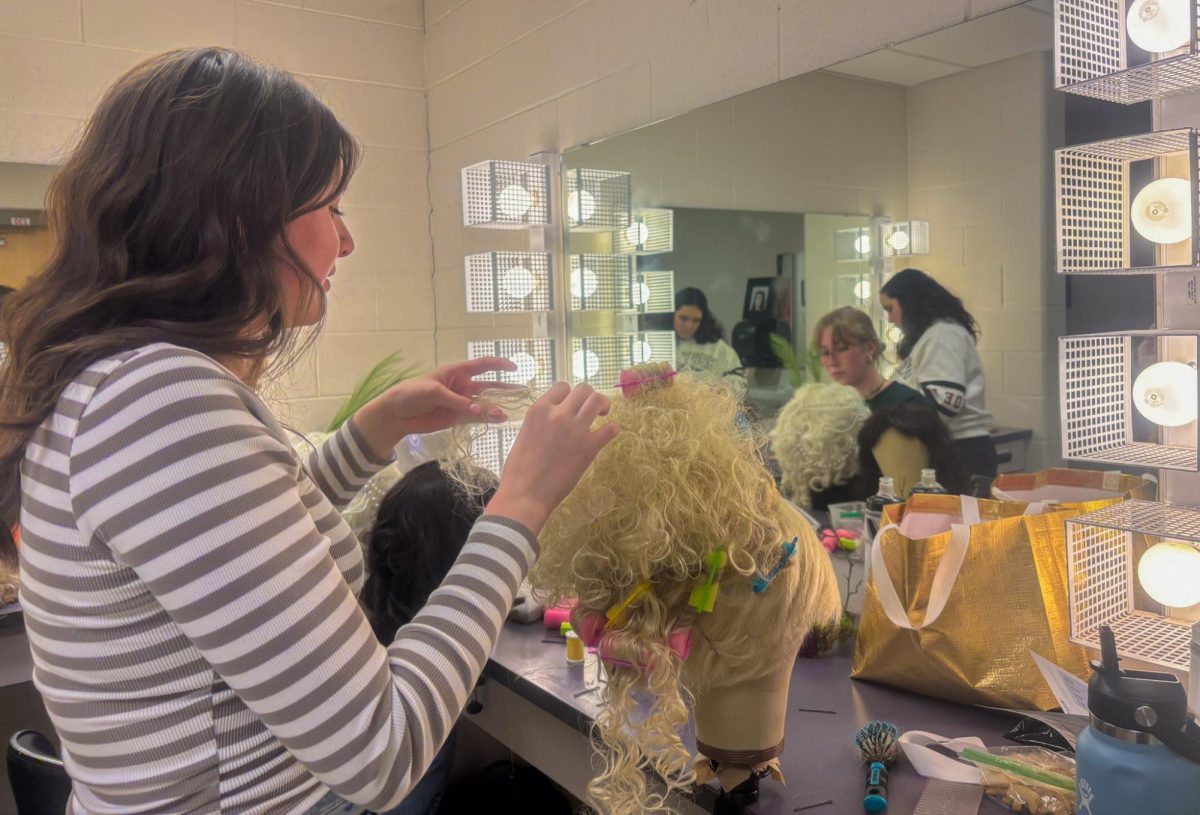Students at Fossil Ridge High School come from all different social, economic, racial, and religious backgrounds. Though the families they were raised in are very diverse, the ethics that kids grew up with and were taught are more similar than one might think. Five sophomores spanning four independent belief systems shared the values that they hold and the things they find most important, and they all believed in the same core issues.
Haley McBride comes from a big family. She lives with her mom and dad, two older brothers, and an older and younger sister, and she was raised Mormon. Most of her extended family lives in Colorado, so she sees her grandparents and cousins often. She enjoys Friday nights, when her parents and siblings all order pizza and watch a movie together, as well as hiking. Haley believes that her family tries to practice all aspects of Mormonism, and that the majority of their family friends attend the same church as they do. She has always been open about telling people about her faith, going to far as to say that “I am proud to be Mormon!”.
Ted Kim lives with his parents and older sister, and his extended family is scattered throughout the United States. He enjoys it when they just sit and talk about things that are going on in their lives after dinner. Until Ted was about seven, his family went to church and identified as Christian. Now, they don’t go to church, and Ted himself identifies as agnostic. His family respects that decision.
David Salmon grew up with his twin brother and parents, and he is very close with his grandmother. His immediate family isn’t as close with his extended family as he would like, mostly because of geographic obstacles. David’s family is part of the Reform Judaism faith, and he enjoys celebrating the holidays associated with that. However, he doesn’t observe all parts of the traditional religion, such as not watching television or driving a car on Fridays. When asked about whether he’s open about his faith, he jokingly said, “Yes. People should be jealous!”
Matthew Paskey’s immediate family consists of his mom, stepdad, and his two sisters, as well as his grandparents. They used to be close with their other relatives, but “a schism of sorts has opened up more recently”, particularly after Matthew came out as gay. He loves to play board games, as well as camp and hike with his family. Matthew moved to Colorado from Arkansas about two years ago, and was raised strictly Catholic until that point. Since then, his immediate family has grown away from the religion, though he has been to church several times with his grandfather. Now, he doesn’t identify with a specific religion.
Hana Kanjo lives with her brother, older and younger sister, and her parents. She often sees her aunt and cousins in Denver, They love to go on road trips and travel together, whether it’s just to the mountains or a further trip. She feels that her family makes a specific point to do things together and maintain their relationships. Her family is Muslim, and most of her parents friends are as well. She is open about telling people about her religion, though she definitely feels that there are some associated stereotypes that she has to dussauge about the Islam faith.
Each parent has values that they hope to instill in their children, and phrases that they use to communicate that. For Haley’s parents, those values are intelligence and kindness. They are always saying, “be nice to the other kids” and “do your best”. Personally, Haley believes that the two most important things are kindness and individuality. She tries to obey her parents and always put other people’s needs first, as well as trying her best at everything she does.
Ted’s father was always adamant that he not lie, and that there was no situation that called for it. His parents want him and his sister to succeed, and they will let them make their own decisions “as long as they know we’re trying our best.” Ted himself values money, because he wants to be able to help people. He is grateful to have grown up in a household and place that set him up for success as an adult, and he feels that his family would love him regardless of his choices as long as he’s working hard and not slacking off.
David’s parents’ favorite phrase was always “don’t talk back”, though the traits they valued go beyond that. They want to raise intelligent children who are more successful than they themselves were. David values himself, because he understands the importance of self-respect, which he believes leads to better success in life. Judaism is important to him because it’s interpretive. There isn’t a single, specific thing that he has to believe in, he just gets to believe in his religion for himself.
Respect is the biggest word that was passed around in Matthew’s household, showing up in phrases such as “don’t hit your sisters!” His parents want to know that they raised kids who are respectful, as well as being “smart and kind and beautiful and wonderful and other great adjectives.” As a person, Matthew values openness and honesty, community, and gratitude. He appreciates the chance he has had to live in several very different places with distinct cultures, which allowed him to be more open minded.
Hana’s parents always reminded their children “don’t let people bring you down” and to stand up for what they believe in. They want them to take advantage of the educational opportunities that are available to them in this area, and to gain the knowledge they will need to be successful adults. Hana thinks it’s important to focus on herself and the things she needs, as well as the people that are close to her. She tries to stick to her religion closely and be the best person she can be.
Despite the different traditions and religious beliefs that are practiced by students, there are a few life lessons that every parent tries to teach their child. Adults want their kids to be kind to others and intelligent, while remaining grounded and grateful. The kids, in return, value their family and friends. They also value themselves, which is important rather than self centered. The stress of being a high schooler, achieving good grades while maintaining a social life, can be tough to manage. Students who value themselves know when to take a break and breathe. As Matthew put it, “we realize that it’s better to accept people no matter what they believe.” This generation is is more similar than they may believe. Hopefully, that’ll help everyone to get along in the future.


